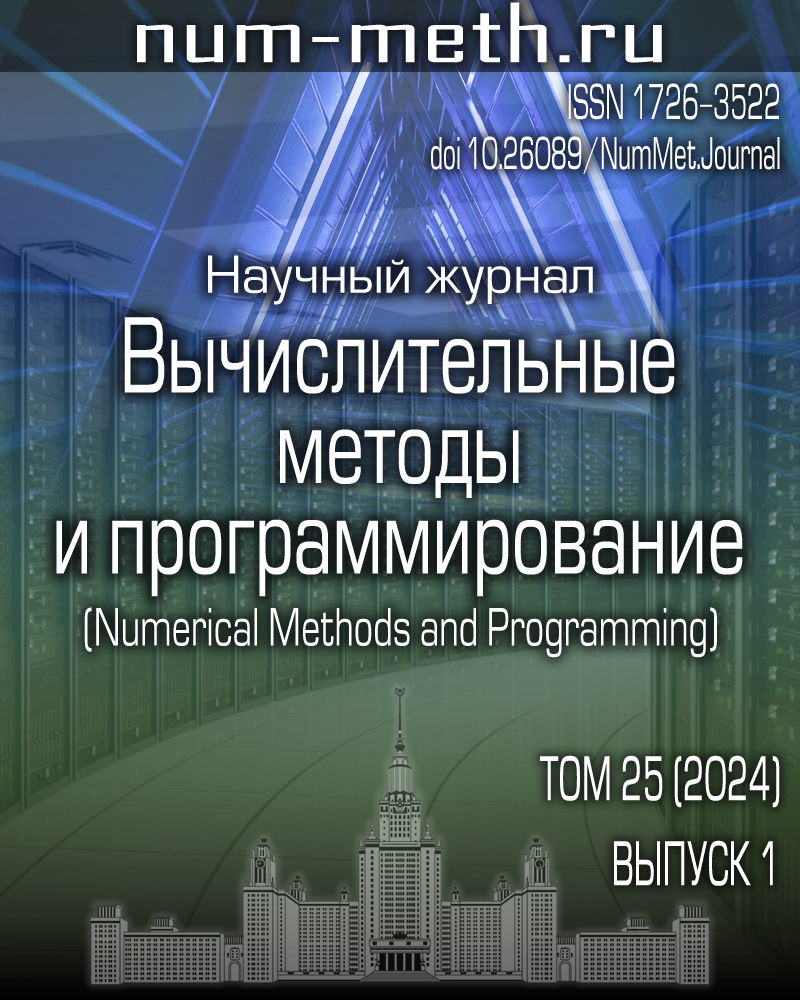|
This article is cited in 1 scientific paper (total in 1 paper)
Study of a mathematical model of gasoline catalytic reforming by sensitivity analysis methods
L. F. Safiullinaa, K. F. Koledinab, I. M. Gubaydullinb, R. Z. Zaynullinc
a Bashkir State University, Ufa
b Institute of Petrochemistry and Catalysis of RAS
c Ufa State Petroleum Technological University
Abstract:
A detailed kinetic model is required to study one of the most important oil refining processes known as catalytic reforming. The difficulty arises in connection with a large number of components of the reaction mixture and a large number of stages of chemical transformations in developing the kinetic model. An alternative may be reduced reaction mechanisms that are applicable to solve the problem and provide a realistic description of the process. In this paper, to analyze the kinetic model and to obtain an abbreviated reaction mechanism, the sensitivity analysis methods of the mathematical model are used. The least influential stages of catalytic reforming of gasoline, which do not affect the general dynamics of changes in the concentrations of significant reaction substances are identified using this technique. The effect of eliminating these stages on the kinetics of the process from the chemical point of view is analyzed. A reduced scheme for catalytic reforming of gasoline by excluding these stages is proposed. A reduced scheme provides a quite satisfactory agreement both in temperature profiles and in concentration profiles of significant substances.
Keywords:
catalytic reforming; mathematical model; chemical kinetics; sensitivity analysis; reduced model.
Received: 20.10.2020
Citation:
L. F. Safiullina, K. F. Koledina, I. M. Gubaydullin, R. Z. Zaynullin, “Study of a mathematical model of gasoline catalytic reforming by sensitivity analysis methods”, Num. Meth. Prog., 21:4 (2020), 440–451
Linking options:
https://www.mathnet.ru/eng/vmp1021 https://www.mathnet.ru/eng/vmp/v21/i4/p440
|

| Statistics & downloads: |
| Abstract page: | 144 | | Full-text PDF : | 67 |
|




 Contact us:
Contact us: Terms of Use
Terms of Use
 Registration to the website
Registration to the website Logotypes
Logotypes








 Citation in format
Citation in format 
